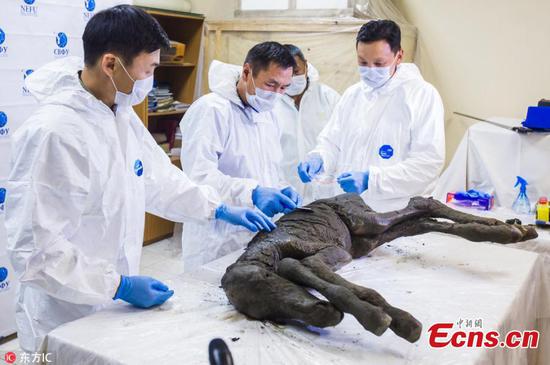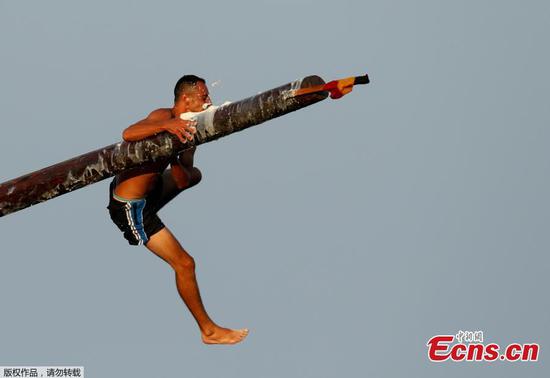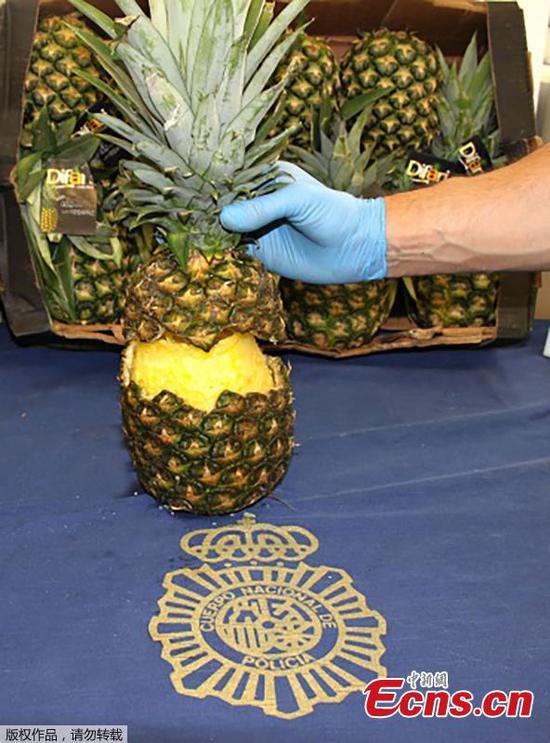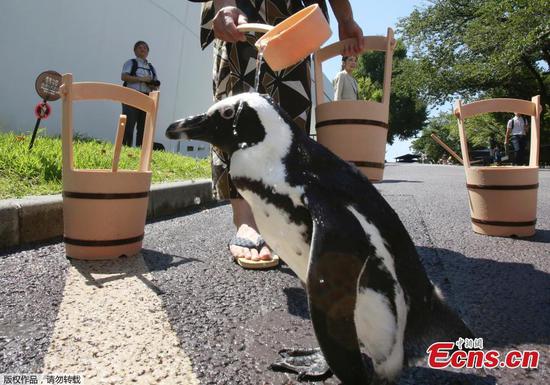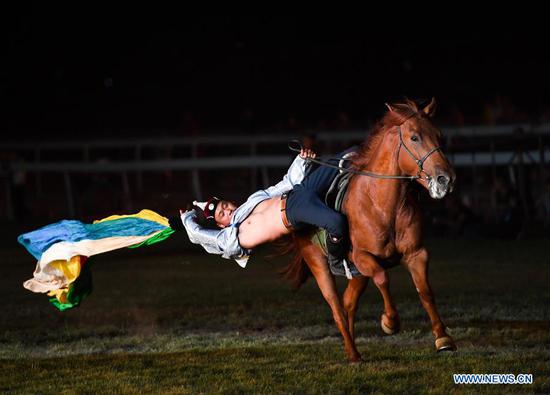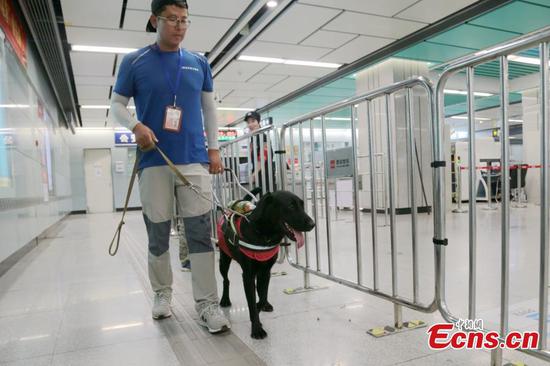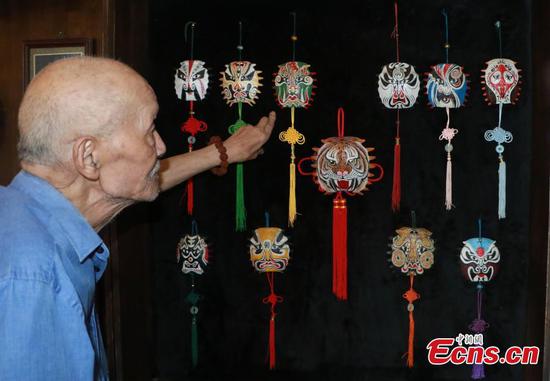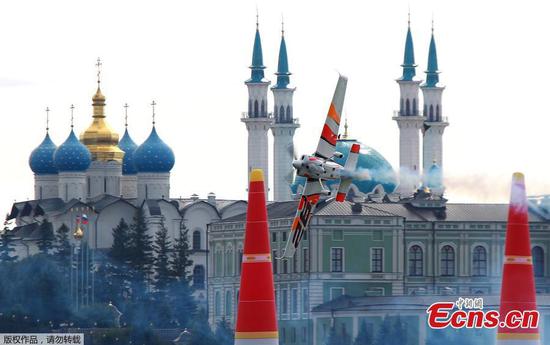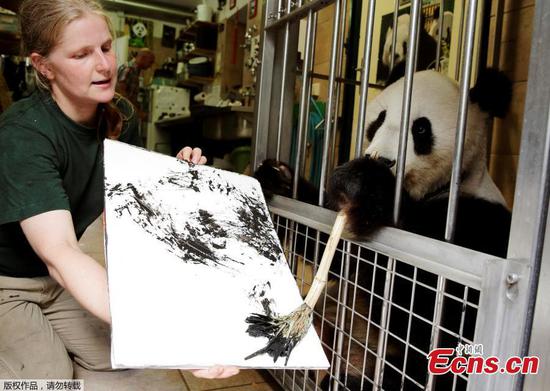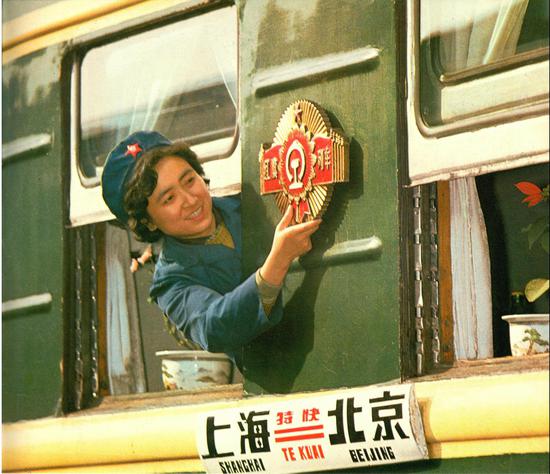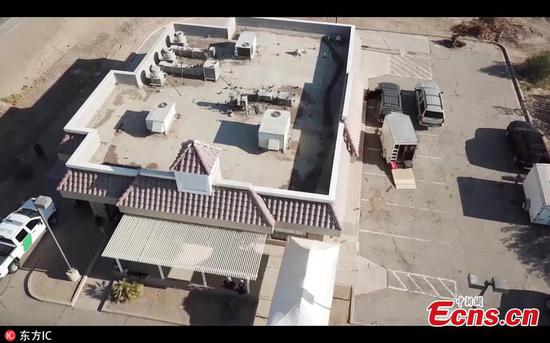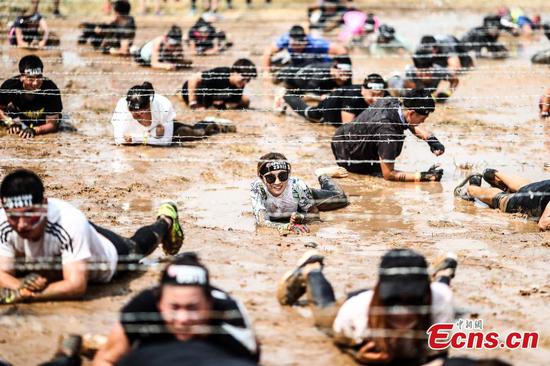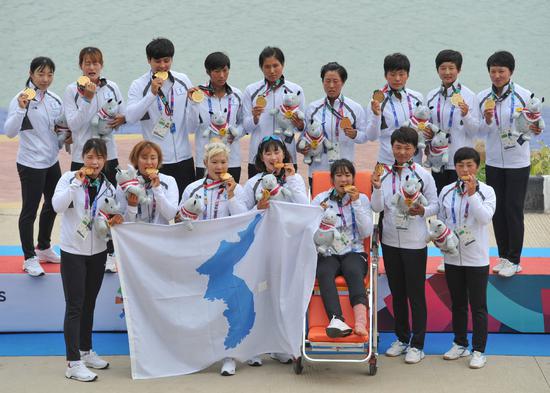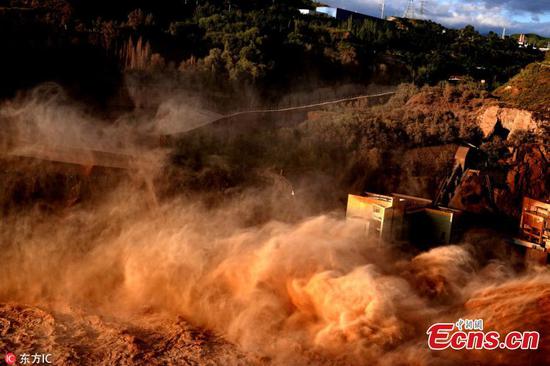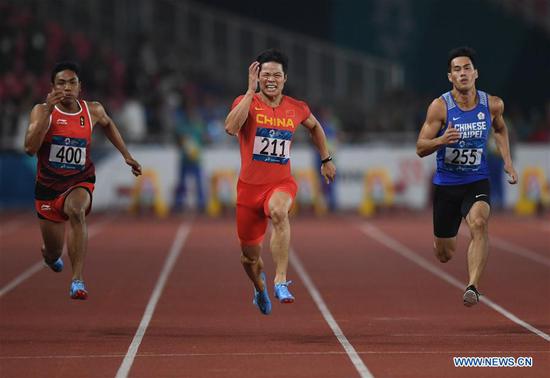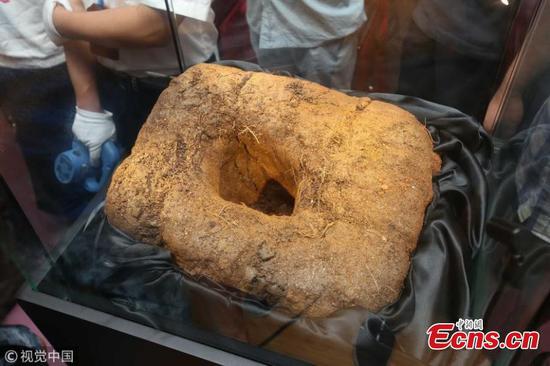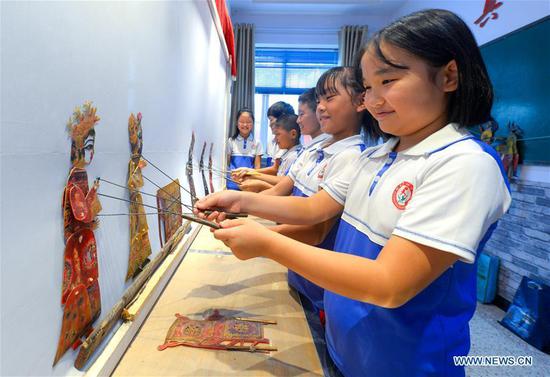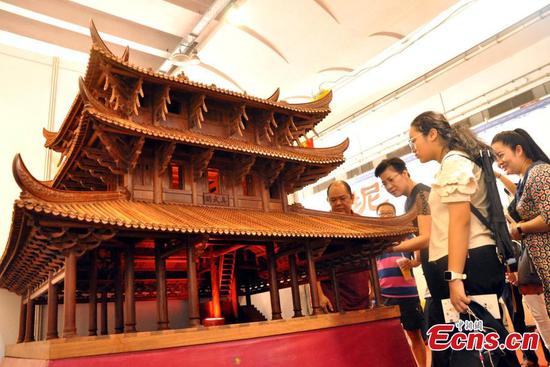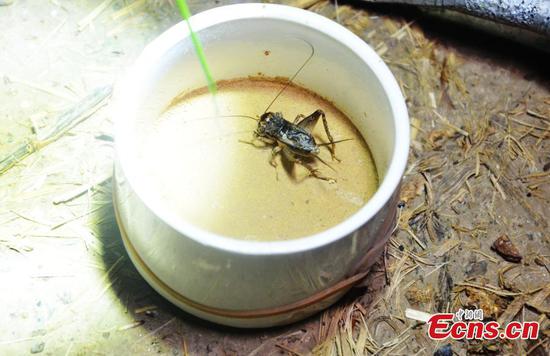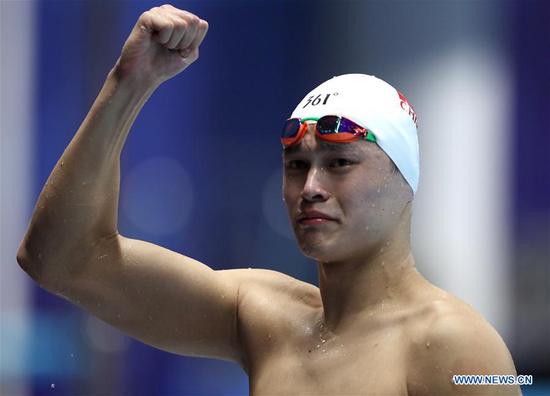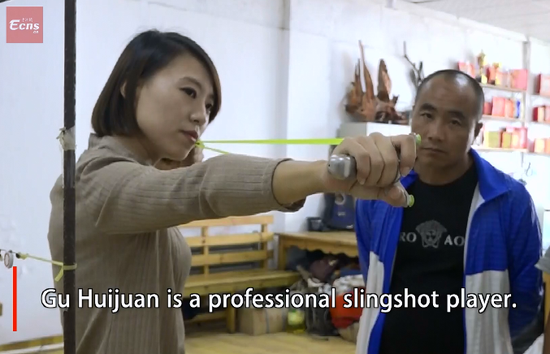National legislators suggested on Tuesday reforming and improving the vaccine management system and further expanding the national immunization drive to effectively protect people from infectious diseases.
Wang Chen, vice-chairman of the National People's Congress Standing Committee, said at the committee's bimonthly session that governments at all levels must prioritize the safety and quality of vaccines, and intensify supervision of every stage of vaccine production, circulation and use.
The government should establish a system that ensures effective supervision over vaccine safety, he said, adding that legal or regulatory violations involving vaccines must be severely punished.
Continued efforts also are needed to carry out the national immunization plan to improve coverage and quality of vaccination, especially among migrant children, Wang said.
He also suggested expanding the list of Category One vaccines, which are provided by the government for free, so more safe, effective and affordable vaccines are included.
Wang made the remarks as he delivered a report to the NPC Standing Committee on a national legislative inspection between May and July into implementation of the Law on Infectious Disease Prevention and Control.
No major epidemics have occurred in China in recent years, and outbreaks of disease have continued to decline thanks to effective prevention and control, he said. More than 90 percent of the total population has been covered by the national immunization plan, which features free vaccination, keeping incidences of major infectious diseases at very low levels, he said.
Still, gaps remain in the supervision system for infectious diseases, resulting in ineffective supervision in some cases, Wang said. He cited the legal violations involving a major vaccine producer - Changchun Changsheng Biotech Co, in Jilin province - that recently have outraged the nation.
The company was discovered by China's top drug regulator to have seriously violated law in the production of rabies vaccines over the past four years, resulting in possibly substandard vaccines being sold.
The company and another vaccine producer in Wuhan, Hubei province, were found to have produced and sold more than 650,000 possibly ineffective DTaP vaccines before November last year. The vaccine protects against diphtheria, tetanus and whooping cough.
Wang Yue, a health law professor at Peking University, said government monopoly must be eliminated in the purchase of vaccines to reduce risks of corruption. Currently, vaccines in the national immunization plan have to be purchased by local centers for disease and control and prevention.
"Qualified medical institutions, public and private, should also be allowed to buy vaccines on their own and provide vaccinations," he said.
Also, only a few enterprises are eligible to produce vaccines, which caused a lack of competition and discourages producers from improving their products' quality, he said.
The State Drug Administration said this month that it will accelerate revision of laws and regulations on supervision of vaccines.









